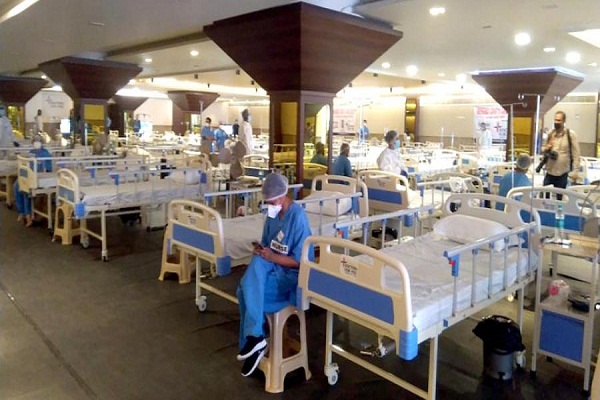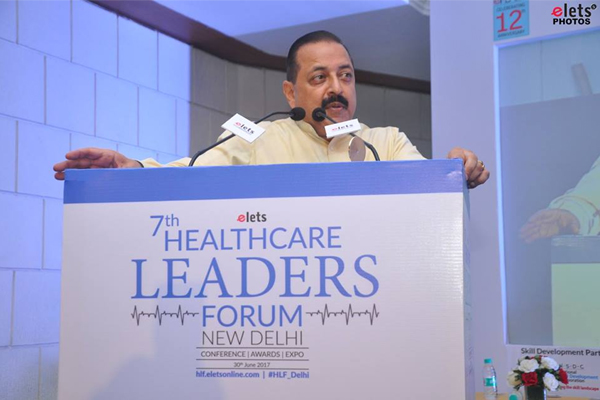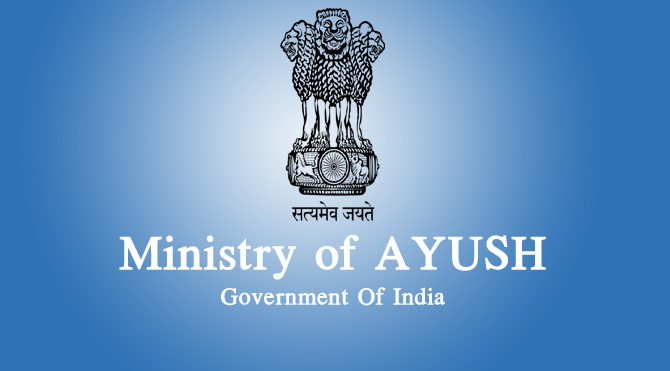

The Delhi high court has pulled up the Medical Council of India (MCI) and the Health Ministry for diluting the criteria for admission to medical and dental schools after the conclusion of the National Eligibility cum Entrance Test (NEET) for post-graduate courses.

It, however, upheld the admissions made on the relaxed criteria, saying it did not want to disrupt the process at this stage. The change in criteria had lowered admission cut-offs for reserved and unreserved category students and was challenged in the high court by petitioner Jitendra Singh.
The Health Ministry had initially said students ranking in the 50th percentile in the entrance tests”or the top 50 percent of the scorers in the tests”would be eligible for admission to medical and dental schools. After the exams, however, the health ministry lowered eligibility criteria to 40% marks for students from the scheduled castes and tribes and other backward classes (SC/ST/OBC); 45 percent for physically handicapped aspirants; and 50 percent for general category students. If converted to percentiles these come to 26, 18, 18 and 18 respectively for un-reserved, OBC, SC and ST students respectively.
The petitioner had sought to set aside the ministrys order relaxing the admission criteria. The effect of the judgment would be a downfall in the quality of doctors in super speciality areas of medical sciences, said Rakesh Tikku, the petitioners advocate. The Supreme Court has recently pronounced a judgment which leaves field of criteria fixation (for granting admission) open for the government. So next year, this call will be taken by MCI and health ministry, he added.

In another decision, the Delhi high court struck down the Guru Gobind Singh Indraprastha Universitys (GGSIPU) denial of admission to Delhi University (DU) MBBS graduates to its post-graduate medical course.
The petitioners, who had graduated from DU, had sought admission in post-graduate courses offered by GGSIPU under the state quota.
According to the existing system, admissions in post-graduate courses are granted at all-India and state levels. For Delhi state-level admissions, DU and GGSIPU had been following a differential policy wherein they granted admission to only their undergraduate students who wished to pursue post-graduate courses.
The petitioners, being MBBS graduates of DU, were not allowed to take admission in GGSIPUs post-graduate medical courses based on this policy.
The Delhi high court in its order held that 50 percent of the total seats for PG medical course available in IP University (GGSIPU), under the state quota, should be filled up purely on the basis of the ranks obtained by the candidates, passed out their qualifying examination either from Delhi University or from IP University.
The court also rejected the contention that since more meritorious candidates take admission to the post-graduate medical courses in Delhi University and consequently take higher rank in the competitive examination, the students of IP University will not get admission to a post-graduate course in their own university if the students of Delhi University are not excluded from the state quota and termed it wholly irrational and (one that) defies logic. This decision is likely to be challenged by GGSIPU students who cannot appear for DU seats.
Be a part of Elets Collaborative Initiatives. Join Us for Upcoming Events and explore business opportunities. Like us on Facebook , connect with us on LinkedIn and follow us on Twitter , Instagram.












